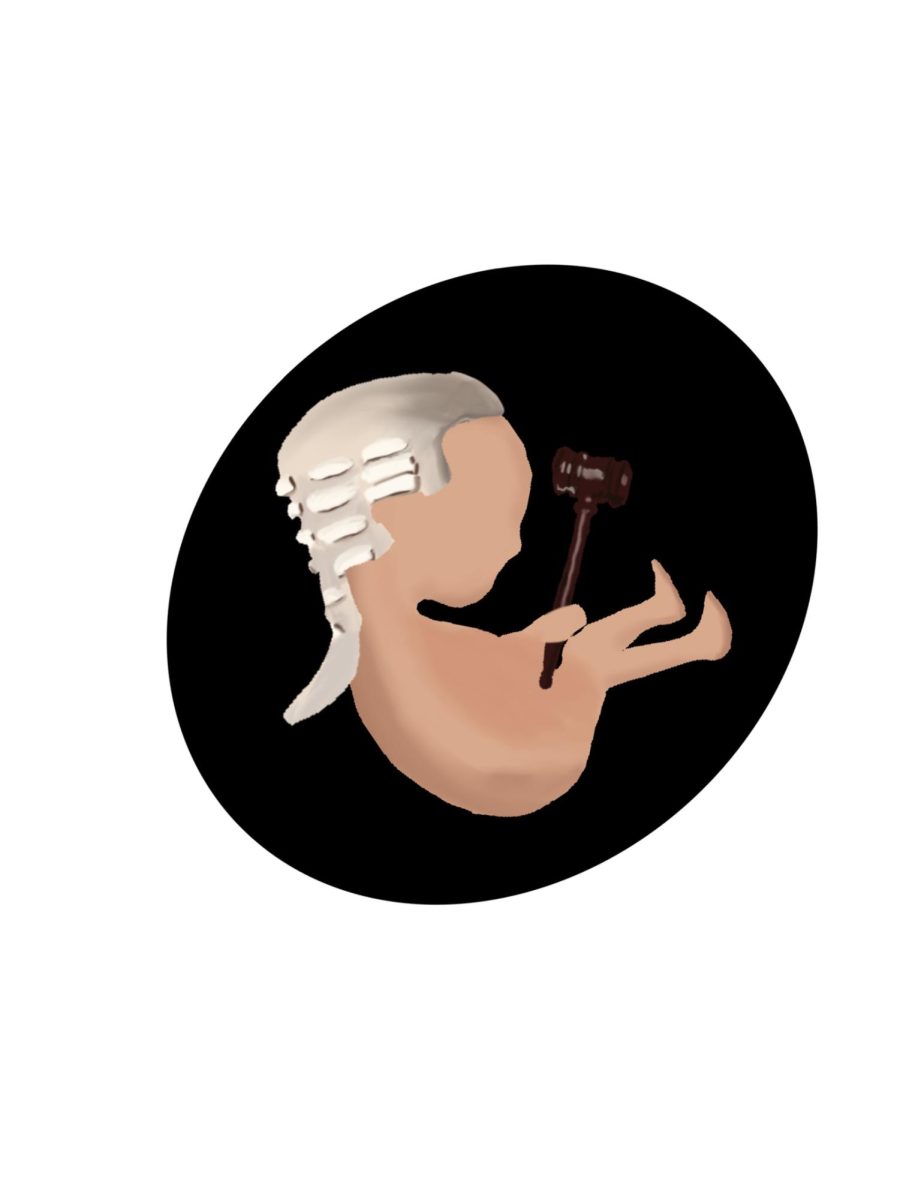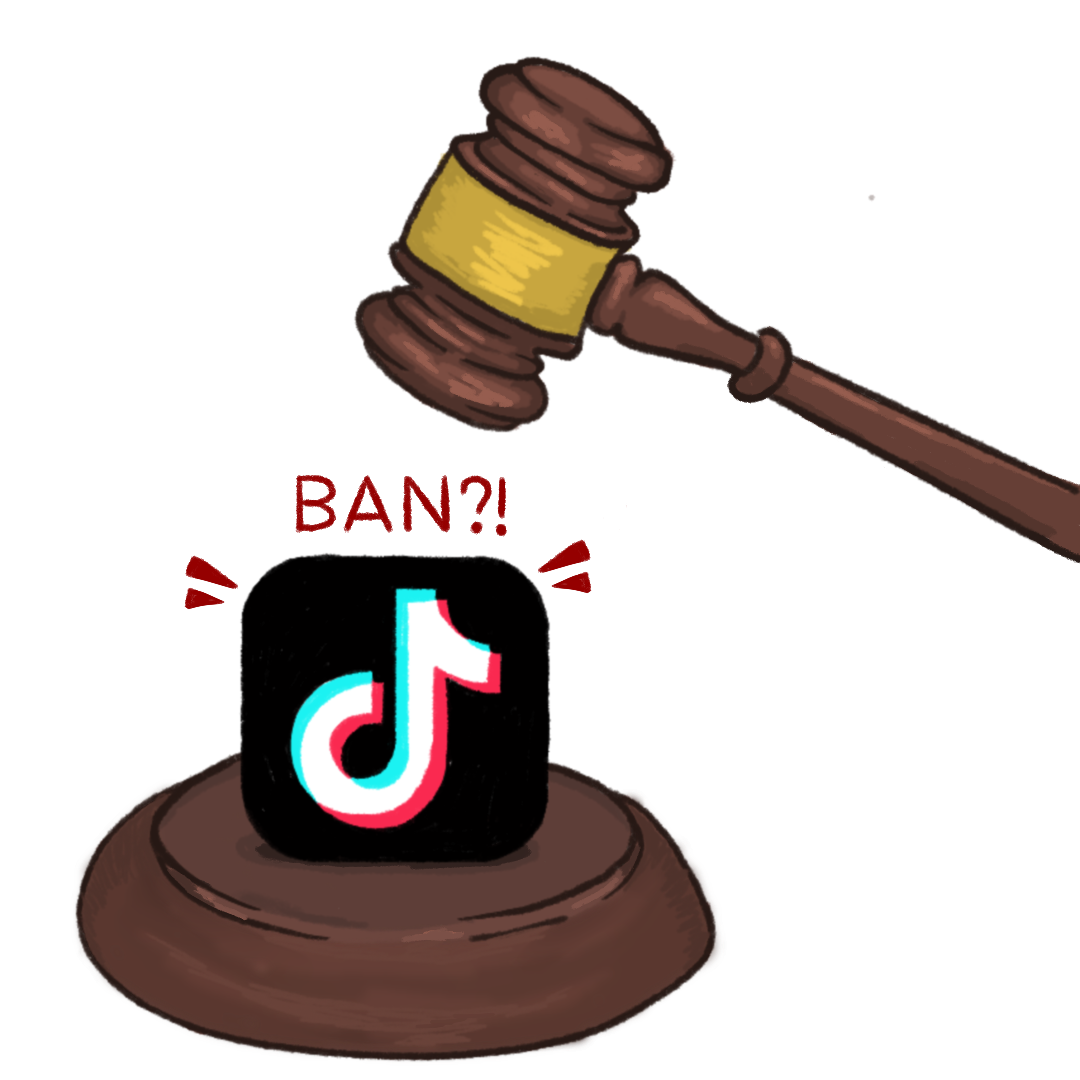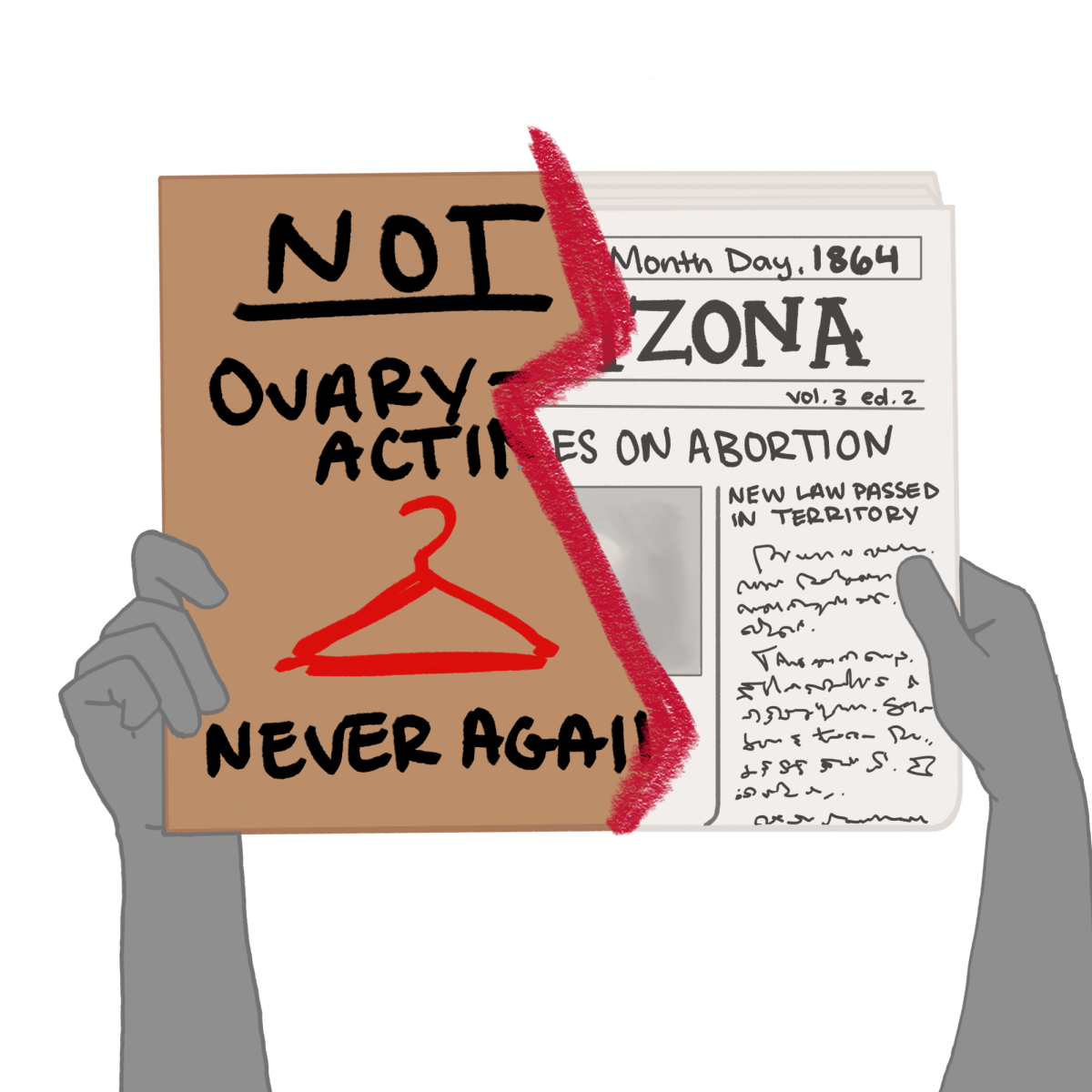Nov. 12 marked the end of an era for Italians as Prime Minister Silvio Berlusconi offered his resignation.
Berlusconi had been in politics for nearly two decades and was prime minister three, non-consecutive terms since 1994.
During his political career, Berlusconi was involved in legal scandals such as allegedly having sex with an underage prostitute, corruption, bribery and false accounting.
Though most of those trials were acquitted or dropped, three are still ongoing. Berlusconi also became infamous for his very public divorce and alleged sex parties held at his home.
It was these scandals that lost Berlusconi’s popularity. This became evident on Nov. 8 when he lost the parliamentary majority vote. This led to the inevitable—Berlusconi would have to tender his resignation.
Berlusconi’s actions gave the impression that the major European debt crisis was not as important as his scandals. The former prime minister agreed to step down from office only if the Parliament would pass “an austerity package demanded by the European Union.”
On Nov. 9 Italy became dangerously close to having to file for bankruptcy, hitting a 7.4 percent borrowing rate. Finally on Saturday, two hours before the official resignation of the prime minister, Parliament approved a series of austerity measures.
The package includes spending cuts, pension reform (raising the retirement age from 65 to 67) and infrastructure investments.
After Friday the Italian borrowing rate began to subside but still leaving the country a €1.9 trillion deficit, which converts to 2.58 trillion US dollars.

















